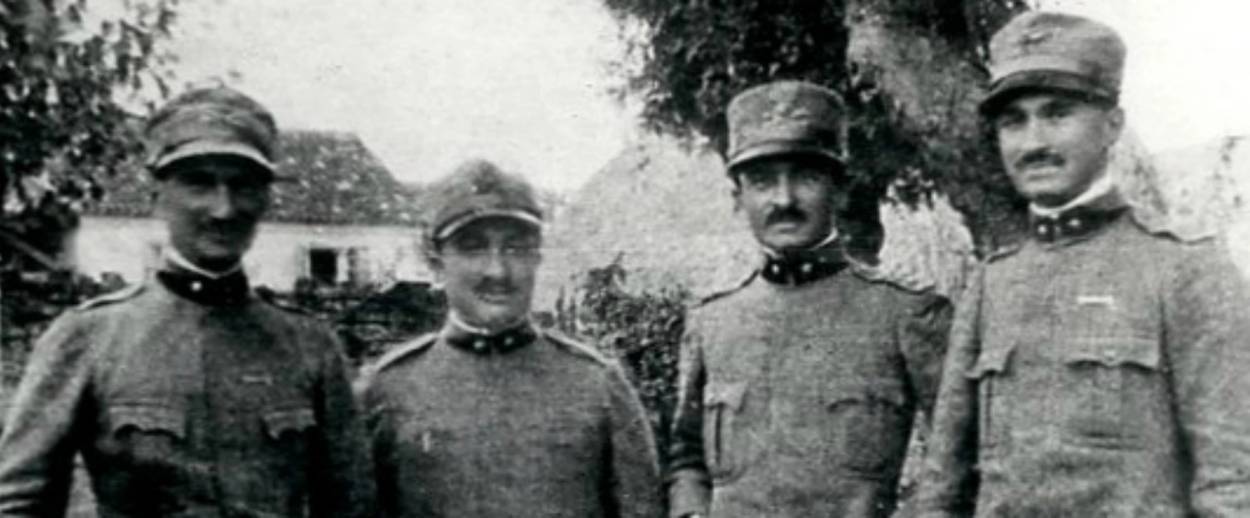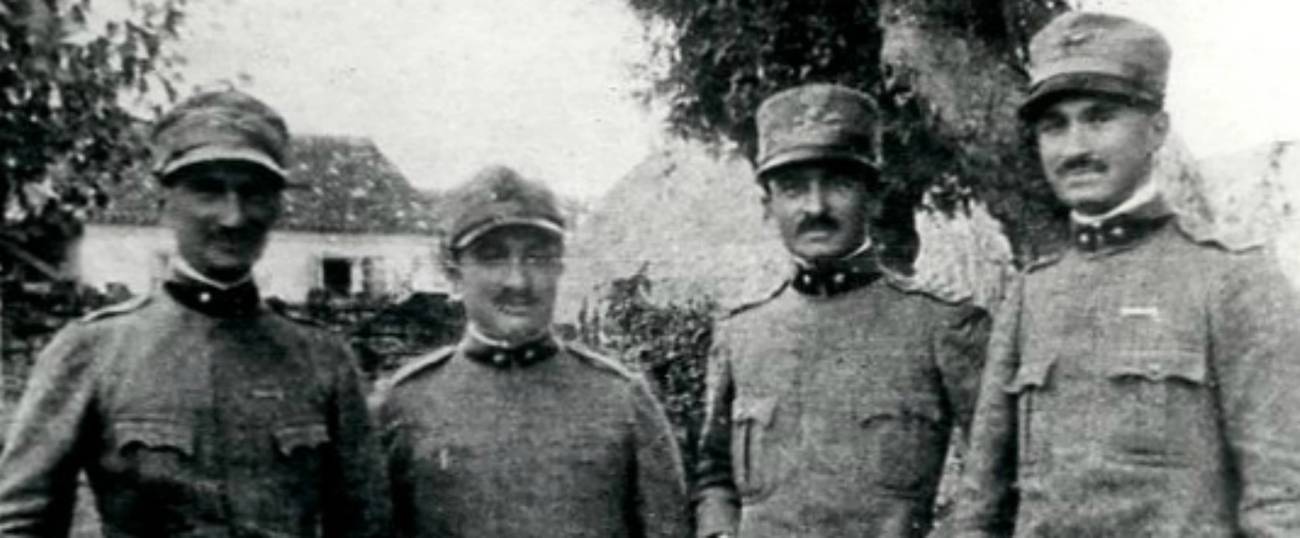New Book Sheds Light on the Holocaust-Era Plight of Italy’s Jewish Soccer Team Owners
Three sports pioneers, three tragic fates




A new book about the history of Italian soccer during the Fascist era, published in Italy, reveals the stories of the Jewish founders of three soccer teams and their struggle to survive after the promulgation of the Racial Laws of 1938.
The stories of those three men were brought to life for the first time by Adam Smulevich, a Florence-born journalist, 80 years after Mussolini signed those hideous laws.
For these unsung heroes, three bitter destinies awaited at the hands of Fascism: Raffaele Jaffe, founder of the Casale team, was deported to Auschwitz and killed as soon as he arrived. The name of Giorgio Ascarelli, founder of the Naples team, was removed from the stadium he’d built right before dying in 1930. And Renato Sacerdoti, one of the founders of the Roman team, whose story is surely the most controversial, was a supporter of Fascism who was arrested in 1938 for being Jewish and had to hide in a convent after the Nazis occupied Italy.
Presidents, the result of Smulevich’s research published by Jewish Italian publishing house Giuntina, was awarded the prestigious Fiuggi Storia award for biographies. In the introduction to the book, the author wrote that “sport is the universal language par excellence,” and therefore is a great medium to discover the most painful chapter of modern Italian history.
“I think it’s fundamental to modulate our need to commemorate,” Smulevich told Tablet in a phone interview. “We need to meet the needs of larger audiences. Soccer is the greatest passion of the Italian people—I, myself, am a big soccer fan.”
Before your book was published, these three stories were virtually unknown. How did you first encounter these names and get interested in the topic?
I had heard of these three names, and I dived into the research last year. These stories are not just interesting because the presidents were Jewish—they were three formidable figures in the history of Italian soccer. Ascarelly was a genius. By building the first stadium of the Naples team, he understood before anyone else in Italy the importance and benefits of team-owned stadiums.
Nowadays we read in the news about racism and intolerance in Italian stadiums. Is it ironic that the three men you wrote about, three “fathers” of Italian soccer, were also Jewish?
Besides the fields of culture, economy, and so on, Italian Jews have contributed also in the field of soccer, taking it beyond the sport itself. Ascarelli was an entrepreneur and philanthropist. Jaffe was a school teacher, at a certain point he was a school principal. It was important for me to communicate that.
Sacerdoti was a controversial figure—he was a Jewish Fascist. He took part in the March on Rome in 1922, supporting the undemocratic appointment of Mussolini as prime minister. Was that common?
The story of Sacerdoti was my main discovery, especially his involvement in the regime. He was one of some Italian Jews who supported the Fascist party—it’s not a unique case. When [the regime] promulgated the Racial Laws, he was exiled. He began sending letters to Mussolini; in one, he even asked to be sent to fight in the war. He lived in a dictatorship, so at that point his praises for Mussolini were probably not genuine.
Italian Holocaust survivor Liliana Segre has been outspoken about the indifference that existed among the Italian people during the Fascist era. Also the presidents of your book faced this indifference.
The Fascist regime invested a lot in sports. After the Racial Laws, the regime succeeded, in just a few months, in erasing completely any trace of Judaism from sports. Unfortunately [this process] wasn’t met with much resistance. Since the book came out, some soccer clubs have shown interest in organizing events to commemorate these stories. The Naples football club organized with UEFA an event on racism, which was held in a high school in Milan. The feedback was positive, I hope there will be more of these initiatives.
Simone Somekh is a New York-based author and journalist. He’s lived and worked in Italy, Israel, and the United States.